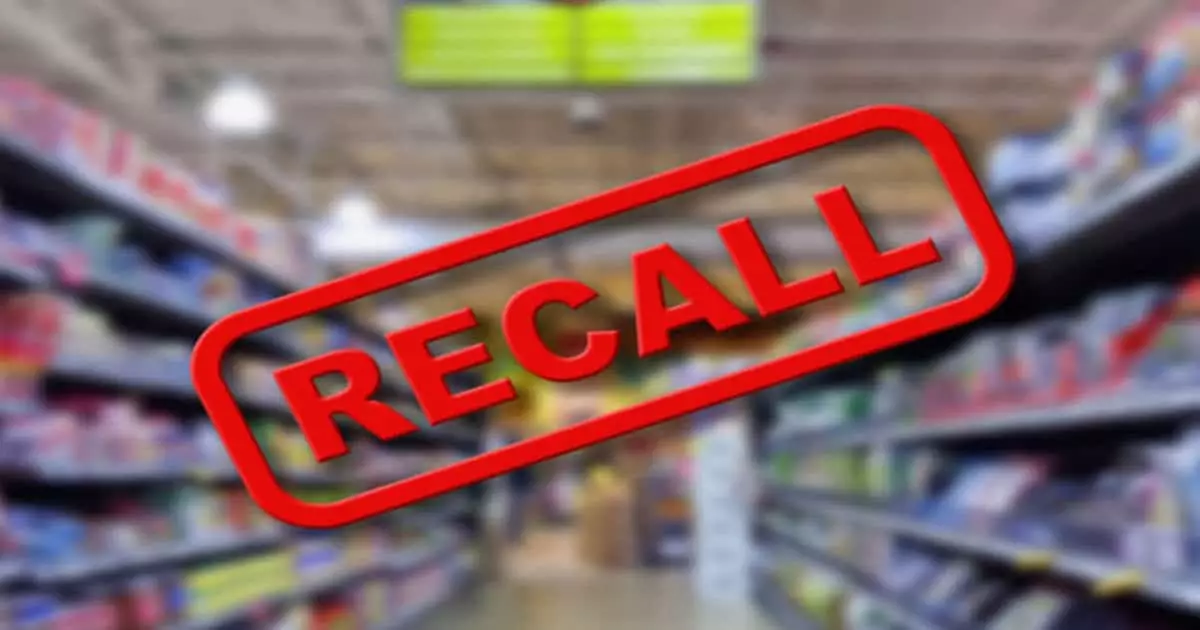As the trend of feeding pets raw food gains traction among pet owners focused on natural diets, the safety of such options comes under scrutiny. Recently, a significant health warning was issued by the U.S. Food and Drug Administration (FDA) regarding specific products from Darwin’s Natural Pet Products, highlighting the potential dangers associated with feeding these contaminated raw diets to pets.
The FDA has identified that samples from Darwin’s Natural Pet Products, produced by Arrow Reliance, Inc., tested positive for Salmonella and even Listeria monocytogenes (L. mono). This resulted in a cautionary recommendation directed at pet owners, urging them to take precautionary measures. The products implicated in this investigation come primarily in 2-pound frozen packages of Darwin’s Natural Selections Antibiotic & Grain-Free Chicken Recipe for both cats and dogs.
The presence of these pathogens indicates a serious concern, as they pose significant risks not only to pets consuming the food but also to humans, especially those with compromised immune systems, such as the elderly or pregnant women. Salmonella infections can lead to severe gastrointestinal issues, while Listeria can cause severe complications including miscarriage or neurological problems.
Understanding the Health Hazards
Salmonella is a bacterium that can drastically affect both humans and animals. It is known for causing conditions that necessitate hospitalization due to severe diarrhea and dehydration. While many affected individuals recover without the need for extensive medical treatment, the risk of life-threatening complications increases significantly for vulnerable populations. On the animal side, pets may not always exhibit symptoms when infected, yet they can still shed the bacteria through their fecal matter, thus posing a risk to their human companions.
Listeria monocytogenes, though less commonly reported in pets, remains a critical concern. It can cause a variety of symptoms, impacting the nervous system and leading to serious complications like meningitis. In pregnant individuals, the stakes are even higher, as infection could lead to devastating outcomes for both the mother and child.
In light of the contamination findings, the FDA has urged Arrow Reliance, Inc. to initiate a recall of the affected lots of Darwin’s Natural Selections products. Unfortunately, to date, there has been no official recall, allowing some potentially dangerous products to remain in circulation. Pet owners need to be vigilant, regularly checking for affected lot numbers and ceasing any use of products that match the identified lots before they reach their beloved pets.
A proactive approach is essential: if consumers find the affected products in their homes, disposal should be prioritized. This includes throwing the food away in secure containers inaccessible to other animals. Additionally, it is crucial that pet owners maintain a rigorous cleaning routine to disinfect all surfaces and materials that may have come in contact with the contaminated food.
The implications of pet food contamination stress the necessity for stringent food safety practices, both in the manufacturing process and at home. The FDA mandates that all animal food products be safe, sanitized, and accurately labeled. Yet, it is ultimately the responsibility of pet owners to remain aware and proactive about potential risks.
Best practices include regular check-ups for any recalls on pet foods and understanding the symptoms associated with Salmonella and Listeria infections. When managing pet-related cleaning, pet owners should ensure proper sanitation of feeding bowls, utensils, storage containers, and any surfaces that may have been contaminated.
The recent FDA findings spotlight a pressing issue within the pet food industry, emphasizing the health risks posed by Salmonella and Listeria contamination. As more households opt for raw pet diets, awareness is paramount in ensuring the well-being of both pets and their humans. Following established safety guidelines, staying informed about recalls, and maintaining the hygiene around pet foods can significantly reduce the risks associated with contaminated products. Pet ownership is a privilege that comes with the responsibility of safeguarding both animal and human health—a commitment no pet owner should take lightly.

